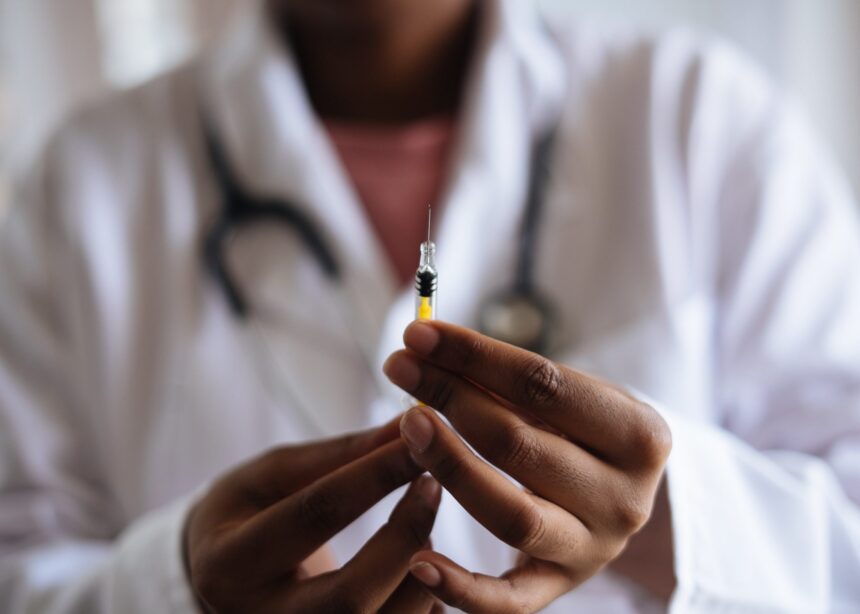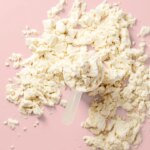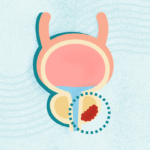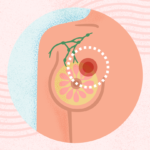This content material initially appeared on Diatribe. It was reissued with permission.
by Andrew Briskin
In trying to find new and progressive methods to deal with kind 1 diabetes, researchers are contemplating growing therapies that defend or enhance the physique’s skill to supply distinctive insulin. Study concerning the fundamentals of vaccines at present beneath improvement and how you can probably sluggish or cease the development of kind 1 diabetes.
For many years, kind 1 diabetes remedy has centered totally on treating circumstances with insulin. Nonetheless, in recent times, therapies focusing on the immune system (immunotherapy) have gained growing traction energy with the potential of delaying or stopping Kind 1.
You could have heard of a brand new drug referred to as Tzield (Teplizumab). That is the primary and solely remedy to date to delay the onset of kind 1 diabetes for over two years. One other vaccine at present beneath investigation is Diamyd, which additionally has promising potential immunotherapy for kind 1.
As a reminder, kind 1 diabetes is a situation through which the physique’s immune system assaults and destroys cells within the pancreas that produce insulin often known as beta cells. This happens due to what is named an automated antibody. Antibodies are a part of the immune system. Their purpose is to establish and neutralize micro organism and viruses. Nonetheless, autoantibodies mistakenly goal a number of of the physique’s proteins that may injury tissue or organs. One autoantibody, normally present in individuals with kind 1 diabetes, targets a kind of protein often known as GAD-65.
Destruction of beta cells progresses at totally different charges relying on the person. Nonetheless, by the point kind 1 diabetes was normally identified, roughly 80% of the beta cells have been destroyed. This injury continues till the particular person is totally depending on insulin injections.
However what if the vaccine may cease earlier than this automated immune destruction happens? Enter Diamyd Medical, a Swedish biotechnology firm, and Diamyd, a singular strategy to growing a kind 1 vaccine.
How vaccines work
As a result of GAD-65 is present in beta cells within the pancreas, autoantibodies towards GAD-65 acknowledge proteins and broken beta cells.
“What we need to do is reprogram the immune system, particularly GAD-65. It is like an inverse or a remedy vaccine,” mentioned Ulf Hannelius, CEO of Diamyd Medical. “The purpose is to change the proinflammatory autoimmune response to GAD-65 and deform it into an anti-inflammatory response.”
Diamyd researchers are at present utilizing an strategy injecting small quantities of GAD-65 protein into lymph nodes a number of instances throughout their analysis (lymph nodes are small bean-shaped buildings all through the physique, the entire physique).
Hope works emigrate into the pancreas, encounter beta cells of GAD-65, and as an alternative of destroying the beta cells, they work to scale back and protect assault.
The place we’re as we speak
Over the previous 20 years, a number of issues have been in the way in which of Kind 1 vaccines, together with a trial that was suspended in 2011, which didn’t show the effectiveness of the vaccine. Since then, the corporate has made some adjustments Hannelius mentioned, together with how the vaccine is run (now injected instantly into the lymph nodes moderately than beneath the pores and skin). One other analysis trial was partially held within the US in 2021 and was lifted in 2022.
“We have not made any precise adjustments to the medicine or formulations, however we’re at present administering the vaccine on to the lymph nodes, which have an immune response and are at a lot decrease doses,” Hanellius mentioned. “Even when the quantity is small, there’s a a lot stronger immune response in comparison with when injected (slightly below the pores and skin).”
Moreover, the corporate is at present screening the presence of sure genes at excessive danger for kind 1 diabetes. In accordance with Hannelius, the gene was present in as much as 40% of kind 1 individuals, and this subgroup has responded significantly positively in scientific trials.
The information has been promising over the previous few years. In 2021, the corporate introduced the outcomes of its Part 2B trial, Diagnode-2. This examine, which incorporates 109 examine contributors aged 12-24 years, confirmed that the vaccine improved glucose administration (measured by vary) in just lately identified examine contributors in comparison with the placebo group.
In 2022, Diamyd revealed the outcomes of a security survey of 14 individuals with promising ends in individuals identified with potential autoimmune diabetes in adults (LADA). Like Kind 1, LADA is a kind of autoimmune diabetes, however attacking beta cells takes time and normally diagnoses happen in adults.
Ongoing: Diamyd Scientific Trial
Diamyd is at present within the technique of a brand new section 3 examination (at present adopted) referred to as Diagnode-3. The trial is scheduled to shut within the second half of 2025, registering 330 contributors in 60 areas world wide, together with the US, Czech Republic, Estonia, Germany, Hungary, the Netherlands, Poland, Spain and Sweden.
One other trial, referred to as Diaprecise, started in 2023 to evaluate the protection and feasibility of Diamyd in kids aged 8-18 who carry the genes of kind 1 diabetes and youngsters. The FDA has just lately shortly adopted the evaluate course of for this explicit examination. This can be a promising step ahead with a kind 1 diabetes vaccine for youngsters. This examination is at present being adopted in Sweden. Here is how that is concerned:
Typically, Diamyd represents one other effort to seek out immunotherapy which will delay or stop kind 1 diabetes and will stop future issues. Researchers proceed to work in direction of new and progressive methods to deal with kind 1 diabetes, and diamide vaccines may in the end be a remedy choice that in contrast to insulin, combats the immune response that results in kind 1 diabetes.











